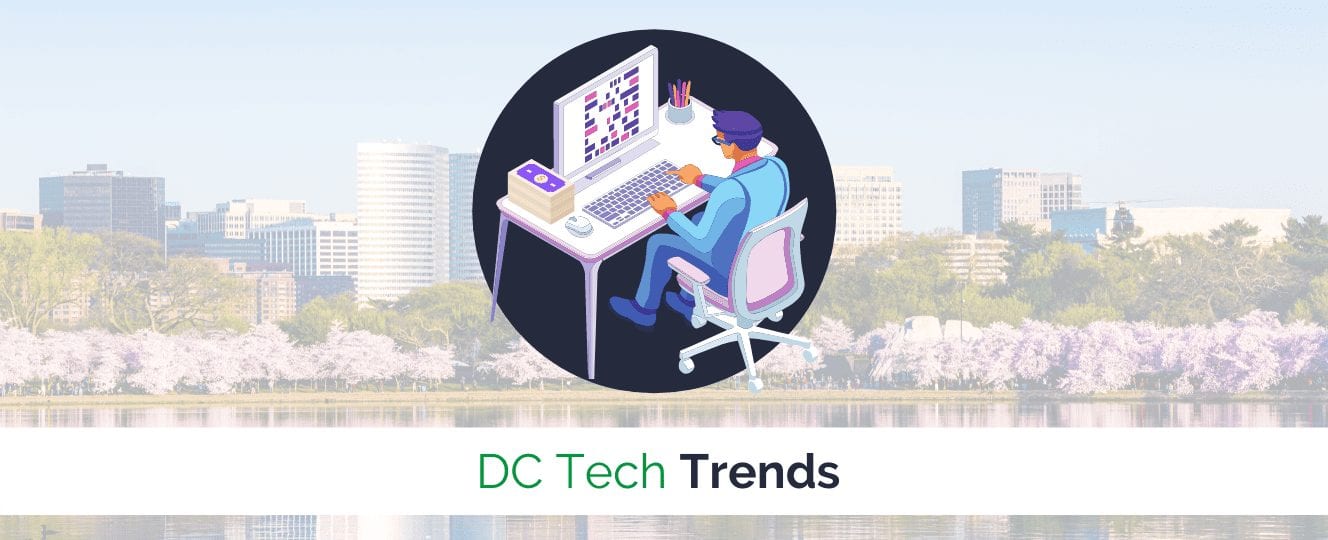“The world rewards people who solve the problems that no one else is solving.” – Vaibhav Vohra, Gecko Robotics
For years the industrials – like oil, gas, and mining – remained untouched by innovation. That’s quickly changing.
Pittsburgh is at the epicenter of this change. Startup founders and engineers are asking how they can make the industrials, that are deeply rooted in the region, a safer and better place to work. Their solution?
Robots.
We spoke with Vaibhav Vohra, the SVP of Product at Gecko Robotics. His team is on a mission to build robots and software that enable the industrials to inspect their assets in a safer way. Their robotic crawlers let inspection managers and engineers access areas at less risk while reducing emissions and saving costs.
Prior to Gecko, Vaibhav designed satellites in the aerospace industry. He then later built enterprise software at SAP. With experience in both software and hardware, he left Silicon Valley to enter the Pittsburgh robotics space.
In this interview, Vaibhav shares a unique perspective on how to innovate in industries that are often overlooked.
What excites you about the robotics space?
In robotics, a lot of people fall in love with the technology of the robot. They get excited by Lidar or the cool cameras.
But customers care about business value.
The ultimate goal is to design robots that help people (rather than replacing them). It’s about helping people focus on their discipline by spending less time on things they’d rather not do.
That’s how you effectively use technology.
What’s the significance of founding a robotics company in Pittsburgh?
Woven into the fabric of the region is an understanding that innovation can happen where you least expect.
Most people hear innovation and think fintech, ecommerce, and social media. But in this region, you’ll find the industrials are the main focus. They’re embedded in the town’s history.
For the most part, technology hasn’t made its rounds in these traditional industries yet. We’ve realized that ingenuity isn’t reserved for the new industries. It happens in the areas where there’s a vast underserved population for it.
If you spend time in this space, you’ll find that most people who work here are very curious and practical. They’re interested in doing things in new ways. Most of the tools they use are physical but they’re willing to explore digital. It’s the perfect environment for software innovation.
At Gecko, we spent time with oil, gas, and mining companies, asking key questions like:
- How do we save lives?
- How do we avoid putting employees in difficult or dangerous situations?
- How do we reduce the costs of accessing data quickly?
The answers pointed us to robotics.
What are you building at Gecko Robotics?
At Gecko, we’re looking at the dangerous places that industrial employees go and building robots to do some of that work. Part of the challenge is getting into confined spaces where other technologies can’t operate. We’re building our next generation of robots and hardware to get more coverage and scan as many assets as possible – whether it’s boilers, tubes, pipes, or vessels.
Even more than that, we’re looking at the role that data plays. We want to disrupt how data is generated and analyzed.
Many companies go deep into the data space, but few delve into the insight space. We’re looking to uncover interesting things that help employees do a better job. We’re trying to really democratize the data, bring it all together, and provide insights and models that no one else has. We’re helping companies collect data more efficiently so they can get actionable insights.
What are some of the differences between Silicon Valley and the Pittsburgh robotics environment?
There are a lot of good things in Silicon Valley. It’s incredible to see how many companies get started there every year. But there can also be a mentality of FOMO. New startups feel pressured to do what everyone else is doing.
I’ve actually found that it’s better to not follow in the footsteps of the companies who succeeded there since it hinders you from creating your own destiny.
In Silicon Valley, you can also get pigeonholed into being either a software or hardware company. You have to declare which one you are. But the world is much more complex than that. Through robotics, the Pittsburgh startup community embodies that hardware and software are both needed to be successful.
Pittsburgh has a culture of adapting quickly. Thirty years ago, steel, oil, and paint were a big part of the region’s culture. But now everyone calls it Robo-Town. On the other hand, in Silicon Valley there’s no longer a core competency since so many things are happening.
That isn’t a bad thing. But I like how Pittsburgh startups do one thing really well and then build adjacencies.
Sometimes in the Valley it feels like everyone has the answer. They have it all figured out.
The cool thing that’s happening in Pittsburgh is that startups are talking with one another. They’re coming together to help each other out. It doesn’t seem like everyone has all the answers. It’s still a journey where everyone is going along with one another. It’s refreshing.
That’s where I like innovation to be. You feel like you can follow up with the company across the street.




